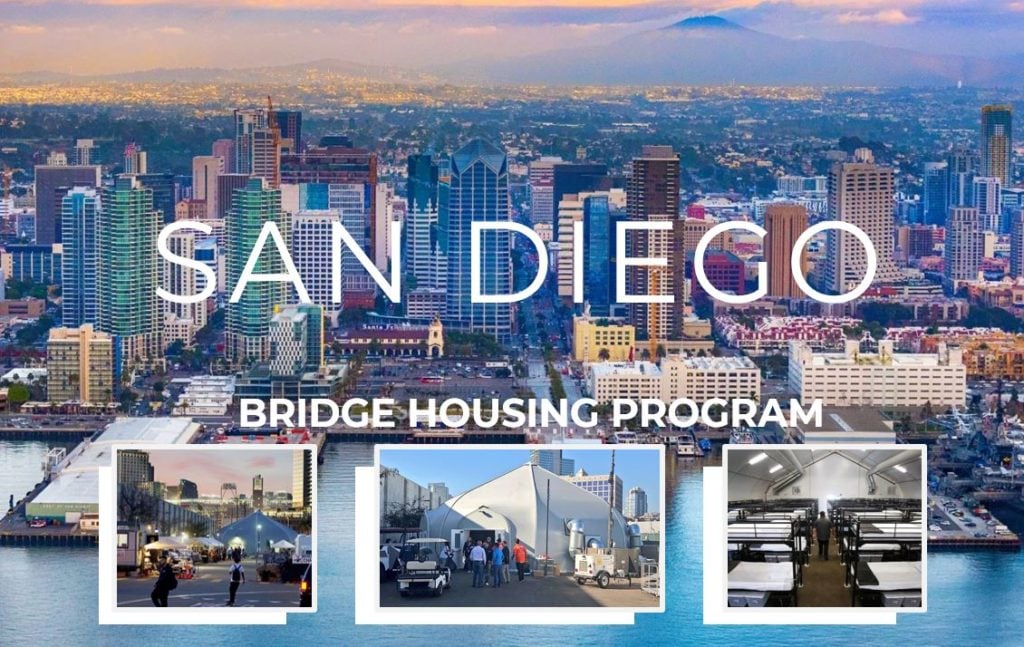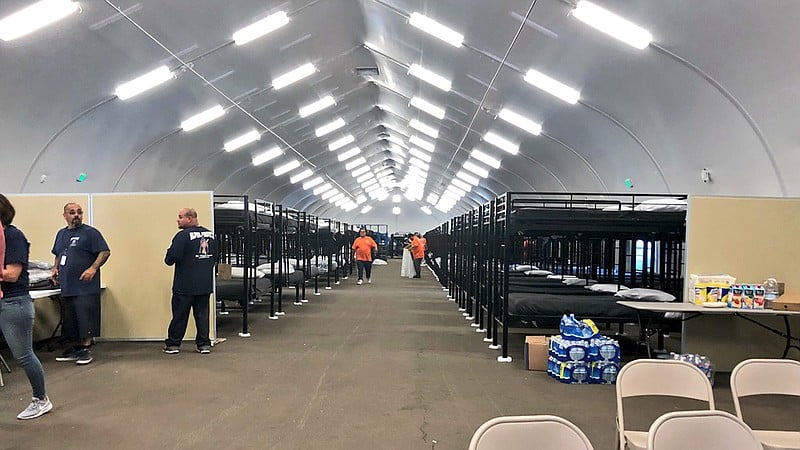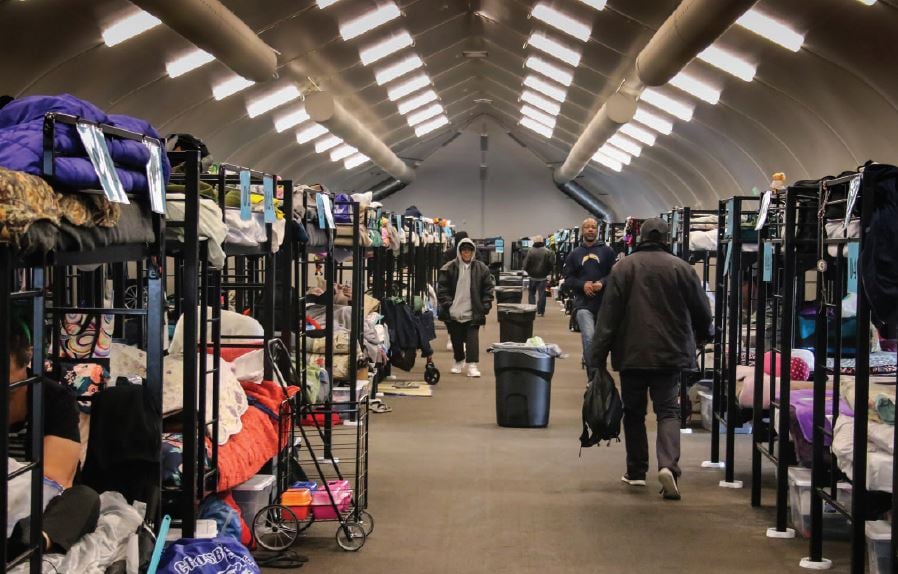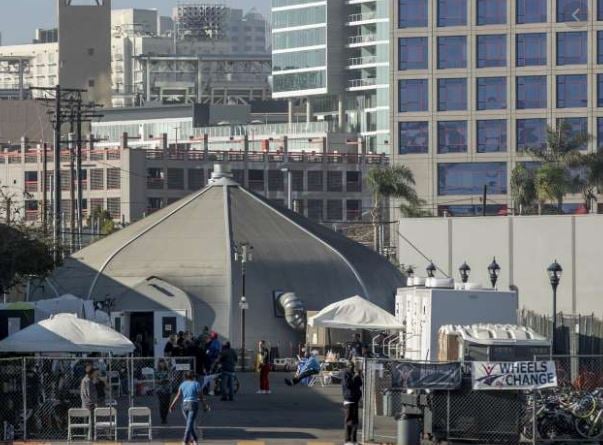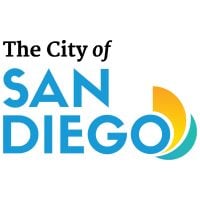San Diego’s Bridge Housing Program
San Diego’s Bridge Housing Program
Alpha Project’s @ 16th & Newton // Father Joe’s Villages’ @ 14th & Commercial // Veterans Village’s @ 17th & Imperial
Overview
In December 2017, The Alpha Project’s Bridge Shelter opened in downtown San Diego, providing transitional housing for 324 single, adult men and women. This is the first of three bridge shelters in San Diego – the second bridge shelter in Midway District has since closed (capacity replaced with permanent housing facilities), and the third facility, originally managed by Father Joe’s Villages for families at 14th and Commercial, was relocated to 17th & Imperial (two blocks away), now managed by Veterans Village of San Diego (VVSD) and serving veterans experiencing homelessness.
Context:
- In April 2017, the City of San Diego had 5,619 people experiencing homelessness, a 10.3% annual increase – becoming the fourth highest homeless population in the U.S. Countywide, San Diego region’s total of 9,100 homeless count was behind only New York City, Los Angeles County, and King County, Wash. (Seattle area), and 3rd largest homeless veterans population (1,067 veterans), where San Diego is recognized as the second best military town in the country (source).
- In mid-2017, the Hepatitis A outbreak killed 20 people, and sickened hundreds of others — two-thirds of which were homeless — becoming national news (source).
Mission: Quickly provide an alternative to encampments to help move people off the streets, through bridge housing facilities, and into long-term housing.
Site
Owner: Land is a vacated, dead-end street, located adjacent to The San Diego Metropolitan Transit System’s SANDAG service center, alongside the rail yard.
Previous Use: A winter shelter facility was previously erected on the dead-end street.
Use Arrangement: Street is owned by the City.
Site Selection Criteria Considerations: Years before, the dead-end cul-de-sac was in use as a temporary winter shelter facility (using an older, less durable tent structure).
Funding
| Upfront Development* | $2.0 million | $500k site prep (no utility connections) paid by City + $1.5 million for Sprung Structure facility paid by Lucky Duck Foundation, used by the City at no charge. |
| Cost Per Bed* | $6k/bed | 324 beds in total (bunk-bed capacity) |
| Operating Costs* | ~$6.2 million/year | -Varies annually: San Diego Housing Commission (SDHC) reserves and a federal Moving to Work grant, in addition to City general funds, and State HEAP, HHAP emergency grants. |
| Cost Per Bed* | $19k/year | $52.50/bed/night blended rate based on range of $46-59/bed/night, varies based on intensity of case management required on-site. |
*approximations
Development
Operations
Lead Operator:
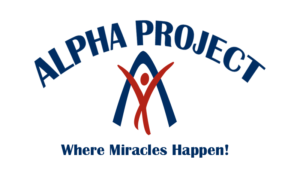
| Operator | Alpha Project is a nonprofit 501(c)(3) human services organization that serves over 4,000 men, women, and children each day. Founded in 1986 as a simple project offering work opportunities for homeless men. The agency has created over 600 units of affordable rental housing projects and has sponsored home ownership programs.https://www.alphaproject.org/ | |
| Agreement | The San Diego Housing Commission Board of Commissioners, San Diego’s City Council, and the San Diego Housing Authority authorized the execution of agreements for the operation of the City’s Temporary Bridge Shelters and continue to be reviewed and approved annually – see notes for additional detail. | |
| Staffing |
|
|
| Services Provided | Alpha Project provides wraparound services, which include intensive case management, linkages to medical and mental health support, groups and classes for self- awareness.
|
|
| Cost |
|
|
| Operating Expenses |
|
Press
- Powerful Advocates for the Homeless: The Padres’ Peter Seidler and Donovan’s Dan Shea Assemble a Working Group to Tackle one of the City’s Most Pressing Social Problems (SD Metro)
- 1st Site Opens: https://www.kpbs.org/news/2017/dec/01/first-temporary-homeless-shelters-opens-down/
- Former HUD Secretary Ben Carson visits shelter: https://www.kusi.com/hud-secretary-ben-carson-tours-san-diegos-homeless-shelter/
- COVID-19 Relocation Plan: https://www.rtfhsd.org/convention-center-golden-hall-shelter-information/





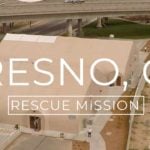
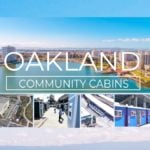
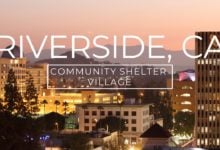
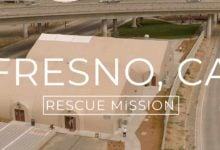 NEXT
NEXT